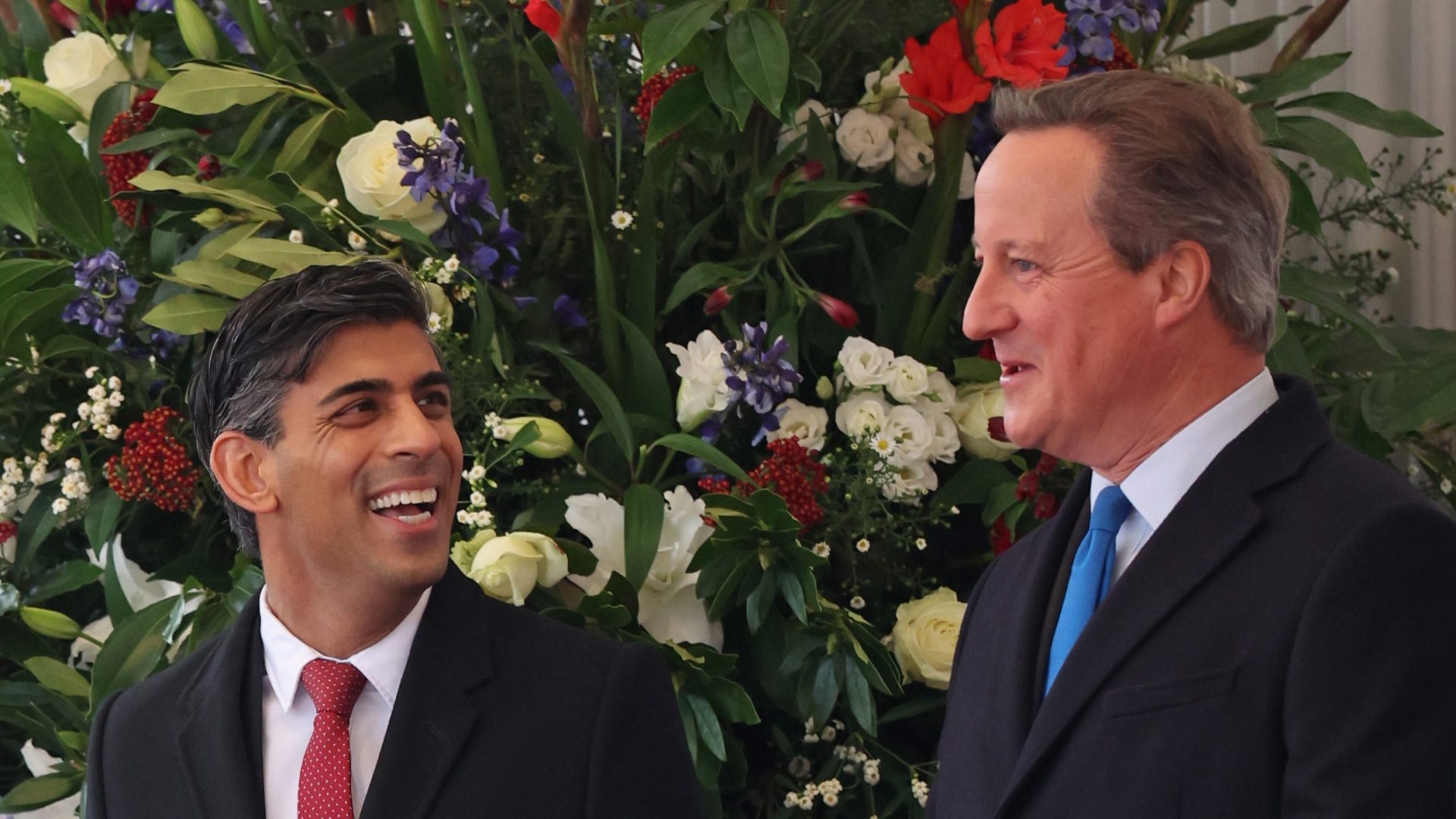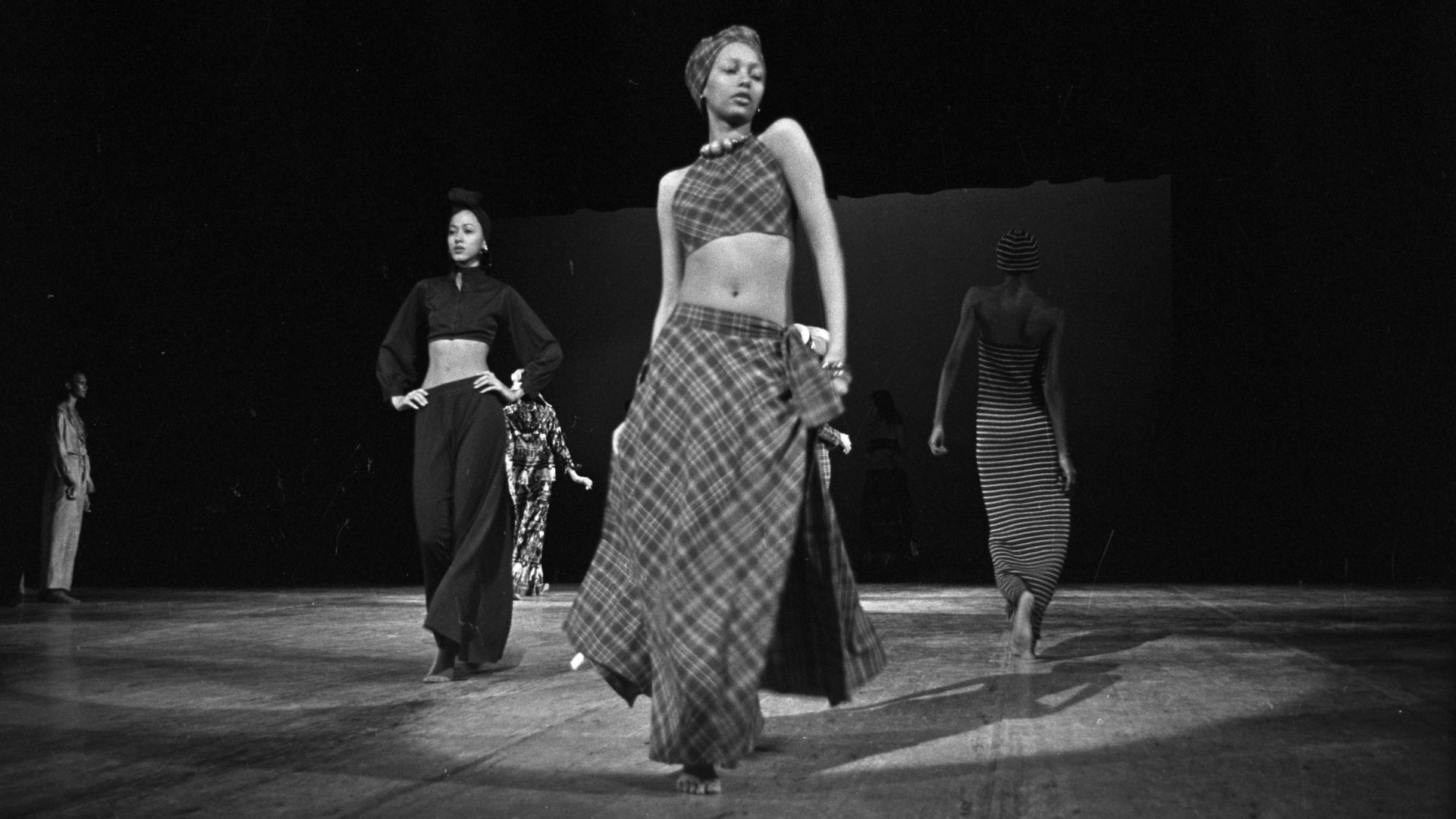Is Lord Cameron’s return, as depicted on your Titanic cover (TNE #364), a rare example of a rat returning to a sinking ship?
Martin Griffiths
Tewkesbury
I’m no fan of David Cameron (apart from David Cameron, who is?) but surely his return to government and Suella Braverman’s departure is a positive. Cameron owes us all one for the referendum; at least there will be one sensible voice around the cabinet table arguing for closer ties with the EU (until overruled by the minister for common sense, of course).
Sue Keith
What a statement of where we are as a nation: that a man best known for an alleged sex act with a pig’s head is now regarded as the grown-up in the cabinet room.
Sarah Rudolph
Cheapsnake
In “The biggest snake” (TNE #364), you ask: “Does Nigel Farage’s I’m a Celebrity… appearance signal a return to the mainstream?” Nah, I think he’s just running short of money. After all, dressing in Savile Row suits and being driven around in a chauffeur-driven luxury limo doesn’t come cheap.
Graeme Brown
Via Facebook
Israel and Gaza
Matthew d’Ancona’s “Psychic numbing is preventing the west from confronting Hamas’s horror” (TNE #364) was a brilliant article about Gaza. It appals me that so few people can see that Iran and its agents Hamas and Hezbollah will not stop until Israel is destroyed.
Roger Duce
Matthew d’Ancona is wrong in his analysis of the most important aspects of the Gaza conflict. The current battle, in essence, is a struggle between two religious extremist organisations. Both feel themselves to be under an existential threat from the other, and each of them vows total extermination of their opponent, though probably in the full knowledge that their objectives will never, can never, be fully achieved. Both have been supported by other, larger nations, (USA and Iran), who provide aid and succour to their chosen sides.
It seems impossible to believe, therefore, that the war can ever reach any peaceful conclusion if left purely to the combatants. It is inconceivable that either will be able, or willing, to stop the fighting, and the great majority of the casualties will continue to be innocent civilians. I fear the fighting is set to persist with increasing vigour and awfulness until the last shell is spent. Hamas will never be eliminated by force alone, and neither will Israel.
Therefore, the solution must come from without, from the pressure of other nations coalescing to withdraw support, both practical and moral, for the war, and, most importantly, at the same time pressing for the start of immediate peace negotiations.
Matthew d’Ancona may believe, as he writes, that anyone who talks of a return to the peace process “is afflicted by amnesia or ignorance”. I do not agree. Possibly I am afflicted by a naive trust in the power of face-to-face talking, but can we be sure that Matthew is not afflicted by a much more serious condition, that of therapeutic nihilism?
Robert Behrman
Winter Hill, Berkshire
At a time of catastrophic global warming, it is quite wrong for Paul Mason’s “Once the fighting stops…” (TNE #364) to suggest that funds from untapped offshore oil and gas fields should be used to set up an independent Palestinian state.
Wind farms and solar panels would be a much better investment, to which Saudi Arabia and Egypt should be invited to contribute. But Israel has to limit its incursions into the West Bank, too, and a true two-state solution requires the removal of Netanyahu.
David Hogg
Bristol, Avon
It is yet another misfortune for the (literally) God-forsaken Palestinians that their land and sea should be so rich in fossil fuels as the world tries to wean itself off them. Even if they could find buyers, which country would let itself become even partly reliant on supplies from that quarter?
Rory Cunningham
That sinking feeling
Just read Jonty Bloom’s “Ship of fools” (TNE #364) and couldn’t help noticing that because of the inclusion of the EU flag, the prow of the British goods ship in the graphic provided by the IEA think tank appeared to be bearing the letters “O EK”. Totally agree – oh, ’eck!
David Nelson
Wilmslow
Sex seen
In Richard Luck’s excellent analysis of Don’t Look Now (“Love and death in Venice”, TNE #364), a photo caption describes the sex scene between Julie Christie and Donald Sutherland as “infamous”. It’s just my opinion, but that sounds rather judgmental.
Anybody who has seen it will appreciate (especially for the time in which the move was made) that it is neither exploitative nor sexist. If movies should represent all aspects of human interaction, then the intimacy depicted in Don’t Look Now does not deserve “infamous” as an epithet.
Michael O’Hare
I was one of an early audience that saw Don’t Look Now as part of the double bill with The Wicker Man mentioned in Richard Luck’s article. Having read the du Maurier short story, and being an admirer of Julie Christie, I looked forward to the film with eager anticipation. But I was near-traumatised by the end of The Wicker Man.
For the record, I have happily watched the Nicolas Roeg film again, but not sure I could manage a repeat of the Robin Hardy oeuvre, however impressive its cult status.
Sue Lloyd
Bristol, Avon
Perfect pizza
Josh Barrie (Taste of Europe, TNE #364) must be an unfortunate consumer of London water, which I remember with a shudder from my childhood. When he generalises about “our water” in his article on pizza he certainly doesn’t enjoy the beautiful water I obtain from the Back o’Skiddaw or my family’s, from Thirlmere. Maybe that’s the reason that my two Cockermouth families produce such smashing pizzas.
Janet Mansfield
Aspatria, Cumbria
Witness stand
Will Self on Jehovah’s Witnesses in TNE #363 left a bad taste in the mouth. Their belief system is not my bag (I’m a Quaker) but I used to have a sneaking respect for their courage in knocking on people’s doors while the rest of us hid behind the sofa.
Then I heard that they are one of the very few “peace churches” – ie that take literally the injunction “thou shalt not kill” – with Jehovah’s Witnesses currently in prison in several countries, including Russia, for refusing to serve in the army.
And then I read If This Is a Woman, Sarah Helm’s exhaustively detailed account of life inside Ravensbruck, Hitler’s concentration camp for women. The astonishing courage of the female Jehovah’s Witnesses, in refusing to bow to the regime despite unimaginable punishment, has done away with any lingering disrespect on my part.
Helen Porter
Newtown, Powys
Laid bare
Re: Florence Hallett’s “Radical acts of resistance” (TNE #363). I admire the desire to “put women at the centre of the previously male-dominated Fauvism movement”, but is this best accomplished by showing a picture of a woman with one breast exposed?
Malcolm White
Via Facebook
The image in question, a self-portrait by Émilie Charmy, is an important statement of the era that was referenced at length in Florence Hallett’s article, including as the “radical act of resistance” in the headline – Editor
Poppy appeal
I was bemused by Tanit Koch’s account of having a poppy forced on her at her “Anglo Irish” boarding school in the 1990s in Dublin (Germansplaining, TNE #363). Few Irish people would have worn or insisted she wear a poppy, which particularly in the 1990s carried heavy association for many with the British Army.
It is a shame that Tanit did not venture beyond the walls of St Columba’s – she might have found some kindred spirits, if not a reminder that Ireland is not Britain.
Hannah McCarthy
French error
I was pleased to see “The language is not set in amber” by Marie Le Conte, about the newly opened Cité Internationale de la Langue Française in Villers Cotterêts (TNE #363). However, she is inaccurate in describing it several times as a museum.
The International Centre for the French Language is to host a summit of Francophone countries next year, 2024, and there will be many other events. The château merits an article on its own, having been restored from a very dilapidated state. This is President Macron’s project and the first presidential project to be located outside Paris.
Margaret Freedman
Wrexham
Gray area
Re: “Portrait from the edge” (TNE #363). I wonder if Richard Ansett’s photograph of Grayson Perry at Beachy Head, described by Steve Anglesey as a “Brexit Statue of Liberty”, should be viewed in a different way.
An acquaintance recalls attending a Royal Academy dinner soon after the vote at which Perry spoke, and coming away with the impression that the artist had voted Leave in order to align himself with ordinary working men and women rather than the elite. Perry has certainly described the 2016 votes for Brexit and Trump as “fantastic for an artist”.
David Laing
Pingle Dales
I’ve not heard of the “pightle” Peter Trudgill refers to in TNE #363, but here in the Derbyshire Dales a small field used to be called a “pingle”, a similar word.
I have an old auction catalogue which shows that the house I live in was built in a field called “Chapel Croft Head Pingle” in the late 19th century.
Rob Rawlinson
Matlock, Derbyshire
Re: Peter Trudgill’s column “Mexico’s call of the cowboy” in TNE #362. I wish to clarify his point that cowboys were “men on horseback who herded cattle … [to] new pastures or to the slaughterhouses of northern cities such as Chicago.”
The cowboys herded the cattle north to where the trails met the railroad trailheads slowly working their way west across the plains. The cattle were then carried on railcars to Chicago and other eastern cities.
To have driven the cattle all the way to Chicago would have decreased their body weight to such a degree to make them worthless on the market. To give perspective, Abilene to Chicago is comparable in miles to Kent to Berlin.
And I’ll also caution that the barbed wire that led to the demise of the cattle drives didn’t really make the cowboys redundant per se. Rather it closed off the trails which the drives were using, thus leading to violence between ranchers and farmers that has provided the plot of many westerns.
Terry Layman
Newbury, Berkshire
Ode to joy
The extract from James O’Brien’s book on the disaster of Brexit was a joy to read (“How they broke Britain”, TNE #362). Like his interviews on LBC, his clarity of style and hard-hitting language are journalism at its best. I am full of admiration.
John Church
Ste. Alvère, France



